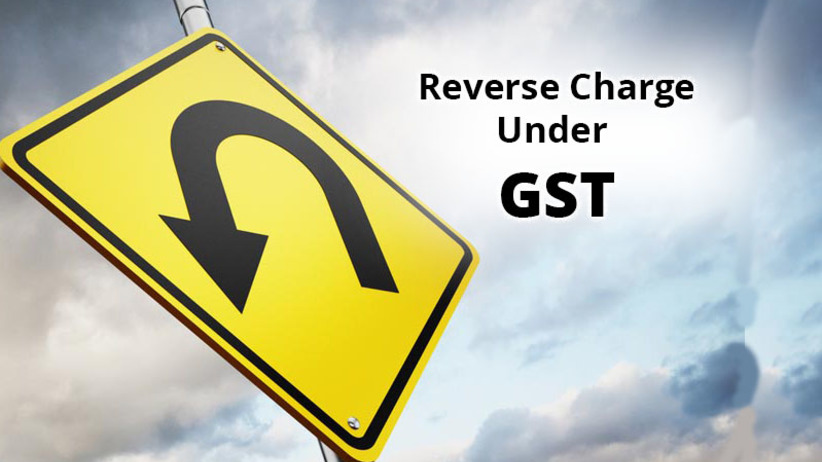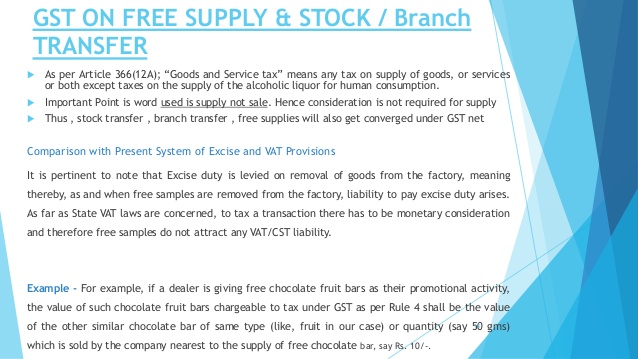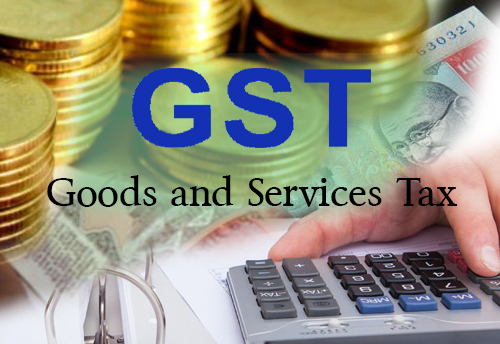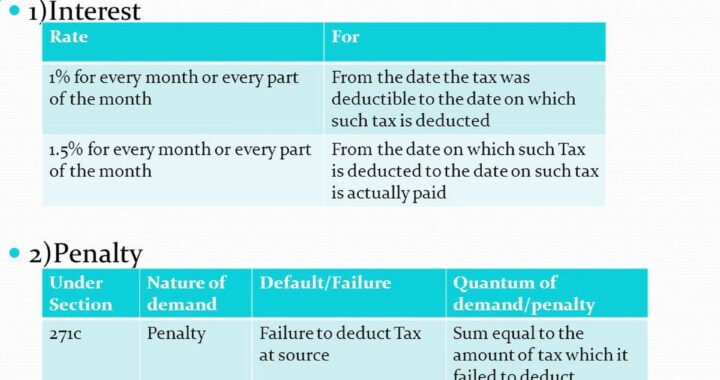Understanding the Reverse Charge mechanism under GST and IGST?

Impact of reverse charge mechanism under GST and factors to be considered
The Goods and Services Act, 2017, has perhaps been one of the long vision steps taken by the government of India. It came with an array of implementation and inclusions. One such inclusion is the concept of reverse charge in GST. To any Service Tax Payer, the concepts of Complete Reverse Charge or Partial Reverse Charge are nothing new. Popularly known as RCM and PRCM, respectively, they were inducted under the Finance Act, 1994. As this proved to be a success, the present government has decided to extend this concept to the Goods and covered unauthorized business sector, under the new GST Act. As 1st July is nearing, it is essential to have a clear idea of what is going to be implemented.

There are mainly two impacts of the reverse charge that will affect the people. They are:
-
The First Type of Reverse Charge: Specified goods or services notified by the government under GST Act
The Section 9(3) of the CGST Act, 2017 (with similar provisions under Integrated Goods and Services Tax Act and SGST Act as well), gives government the power to notify, on the recommendations of the Council, the categories of supply of goods or services or both, the tax on which shall be paid on the basis of reverse charge by the recipient of such goods or services or both and the recipient is open to all the provisions of this act as if he/she is the person who is liable to pay the tax in relation to such goods or services or both.
-
The Second Type of Reverse Charge: Mandatory on supplies from unregistered to registered person
This falls under the Section 9(4) of GST Act, 2017, and it almost threatens to kill the small businesses as it lays down a very straightforward provision saying that tax on taxable goods or services, which excludes non-exempt services or nil rated goods, shall be paid by recipients if the supplier is not registered under GST, however, the recipient is entitled to input credits of such taxes.
This exempt will fail to save small businesses as it makes the supply of goods from unregistered suppliers to registered suppliers, difficult. Several e-commerce sites have come out saying that they will not provide their platform to sell goods if the supplier is not registered.
There have been some other conditions levied on the situation of registered and unregistered recipients in Section 5(4) of the Integrated Goods and Services Tax Act. The section of the IGST Act or the Integrated Goods and Services Tax Act says that, on the supply of goods and services or both provided by a non-registered to a registered person in course of an interstate trade, the tax shall be paid by the recipient. However, under Section 24 of the GST Act, it is mandatory to be registered for an inter-state trade.
Apart from these important impacts of reverse charge, there are some others as well
- Significant changes will have to be done in accounting of Sales and Purchases.
- Tax invoices will have to be prepared for the reverse charge. These Invoices can be prepared now once a month as against earlier proposal of invoice against each purchase
- The RCM tax will have to be paid as due, and would not be able to get adjusted against any adjustments available in balance.

 Sales Tax For E-Commerce: 3 Things Small Businesses Should Know
Sales Tax For E-Commerce: 3 Things Small Businesses Should Know  What Is The GST Liability on Free Supply of Goods and Services?
What Is The GST Liability on Free Supply of Goods and Services?  Some FAQs about GST- Understanding Scope and Provisions of GST
Some FAQs about GST- Understanding Scope and Provisions of GST  Pros and Cons of GST- Is Ushering in of GST worth Celebrating as media wants us to believe?
Pros and Cons of GST- Is Ushering in of GST worth Celebrating as media wants us to believe?  Arrests and Detention Provisions under GST in Detail- Are these justified
Arrests and Detention Provisions under GST in Detail- Are these justified  Some important points to be considered under Goods and Service Tax
Some important points to be considered under Goods and Service Tax  Boost Your Business & Reduce Taxes: A Guide to Maximizing Benefits Under Section 80JJAA
Boost Your Business & Reduce Taxes: A Guide to Maximizing Benefits Under Section 80JJAA  What is remedy to taxpayer if the Tax deductor fails to deposit the TDS or fails to file TDS Return
What is remedy to taxpayer if the Tax deductor fails to deposit the TDS or fails to file TDS Return  What is Income Tax Liability on Income from trading in Future and Options
What is Income Tax Liability on Income from trading in Future and Options  The Importance of Filing Your Income Tax Return on Time: A Financial Must-Do
The Importance of Filing Your Income Tax Return on Time: A Financial Must-Do